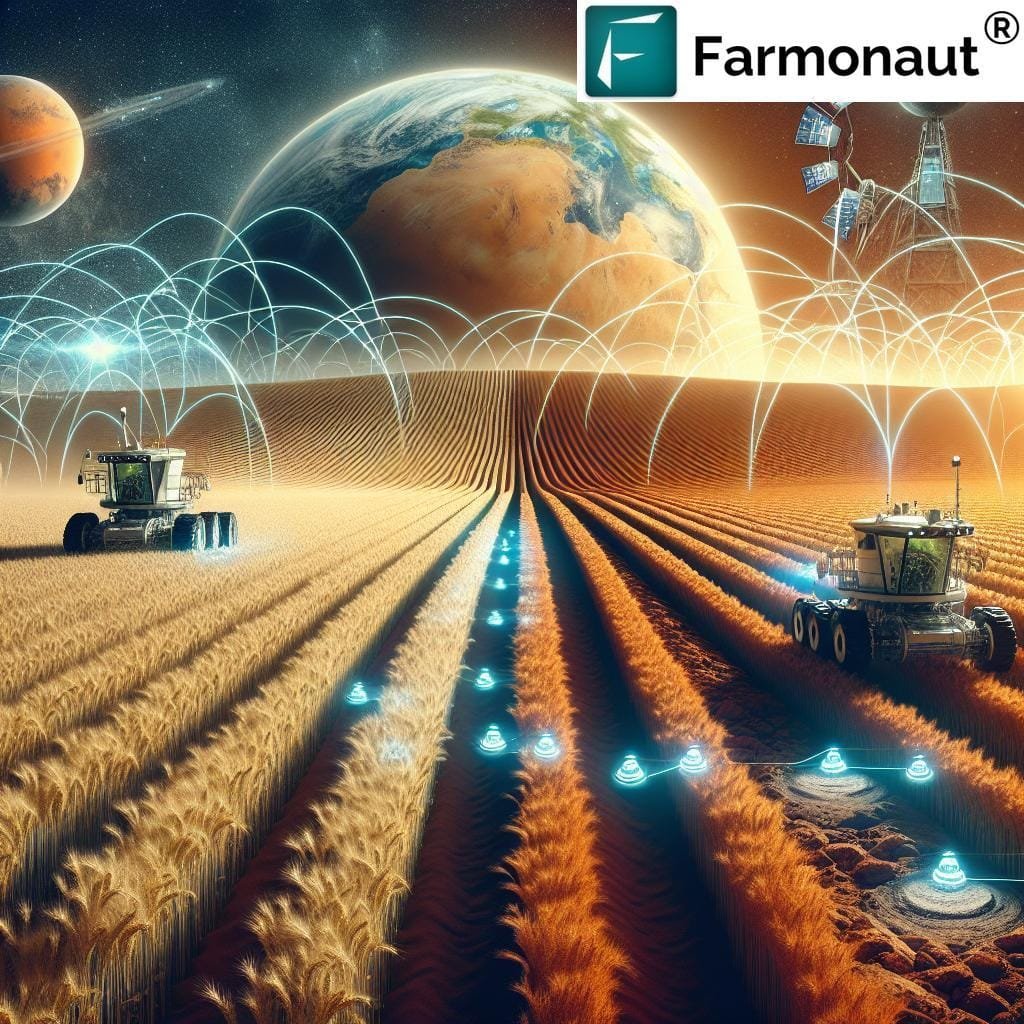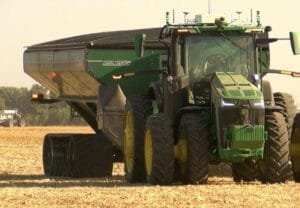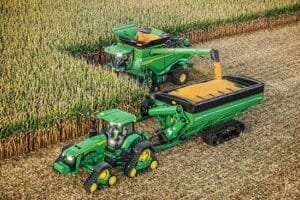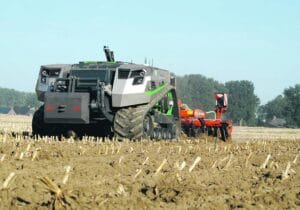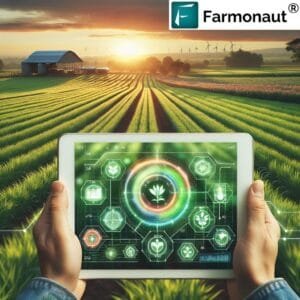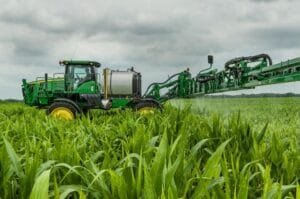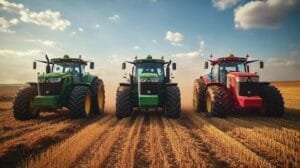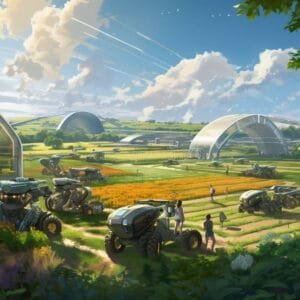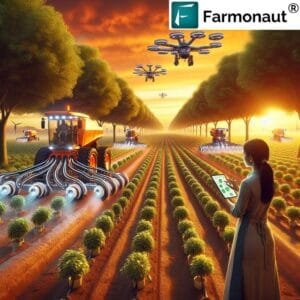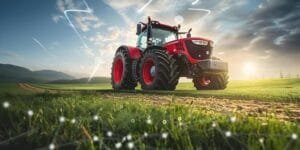The integration of smart technologies into customary farming practices marks a pivotal shift in agricultural operations worldwide. From autonomous tractors to AI-powered crop monitoring systems, digital innovations are fundamentally transforming how food is produced in the 21st century. This technological revolution extends beyond mere automation, encompassing data analytics, precision farming techniques, and Internet of Things (IoT) solutions that enable farmers to optimize resource usage and maximize yields while minimizing environmental impact.As agriculture confronts mounting challenges like climate change and population growth, these smart solutions emerge as critical tools in shaping the future of food production. Modern farming practices are undergoing a dramatic transformation through the integration of cutting-edge technology solutions. Precision agriculture, powered by artificial intelligence and machine learning algorithms, enables farmers to optimize crop yields while minimizing resource consumption. These innovative systems analyze vast amounts of data collected through sensors, satellites, and drones to provide actionable insights for better decision-making.
IoT devices deployed across fields continuously monitor soil conditions, moisture levels, and plant health in real-time. This data-driven approach allows farmers to apply water, fertilizers, and pesticides with unprecedented accuracy, reducing waste and environmental impact. Advanced irrigation systems automatically adjust water distribution based on weather forecasts and soil moisture readings, ensuring optimal growing conditions while conserving water resources.Autonomous machinery and robotics are revolutionizing traditional farming operations. Self-driving tractors equipped with GPS guidance systems can perform planting, harvesting, and field maintenance tasks with minimal human intervention. These machines operate with superior precision,reducing fuel consumption and improving overall efficiency. Robotic systems handle specialized tasks like fruit picking, weeding, and crop monitoring, addressing labor shortages in the agricultural sector.Vertical farming facilities utilize LED lighting systems and hydroponic techniques to grow crops in controlled environments. These indoor farms can produce fresh vegetables year-round, irrespective of external weather conditions. Advanced climate control systems maintain optimal temperature, humidity, and CO2 levels, while automated nutrient delivery systems ensure plants receive exactly what they need to thrive.
Blockchain technology is enhancing supply chain transparency and food traceability. Consumers can now track their produce from farm to table, verifying origins and handling processes. This technology also helps combat food fraud and ensures fair compensation for farmers. Smart contracts automate payments and streamline transactions between producers, distributors, and retailers.
Gene editing technologies like CRISPR are developing more resilient crop varieties adapted to changing climate conditions. These enhanced crops demonstrate improved resistance to pests, diseases, and environmental stresses while maintaining nutritional value. Biotechnology applications help reduce dependency on chemical pesticides and support enduring farming practices.
Mobile applications and farm management software provide farmers with comprehensive tools for planning, monitoring, and analyzing their operations. These platforms integrate weather data, market prices, and equipment maintenance schedules, enabling informed decision-making from anywhere. Cloud-based solutions facilitate collaboration between stakeholders and provide secure data storage for long-term analysis.
Predictive analytics help farmers anticipate potential problems before they arise, from equipment failures to pest infestations. Machine learning algorithms process historical data to forecast crop yields, market trends, and optimal harvest times. This proactive approach to farm management reduces risks and maximizes profitability while ensuring sustainable resource utilization.
These technological advancements are creating more efficient, sustainable, and productive agricultural systems. As technology continues to evolve, the integration of smart solutions in farming operations will become increasingly essential for meeting global food demand while preserving natural resources.

